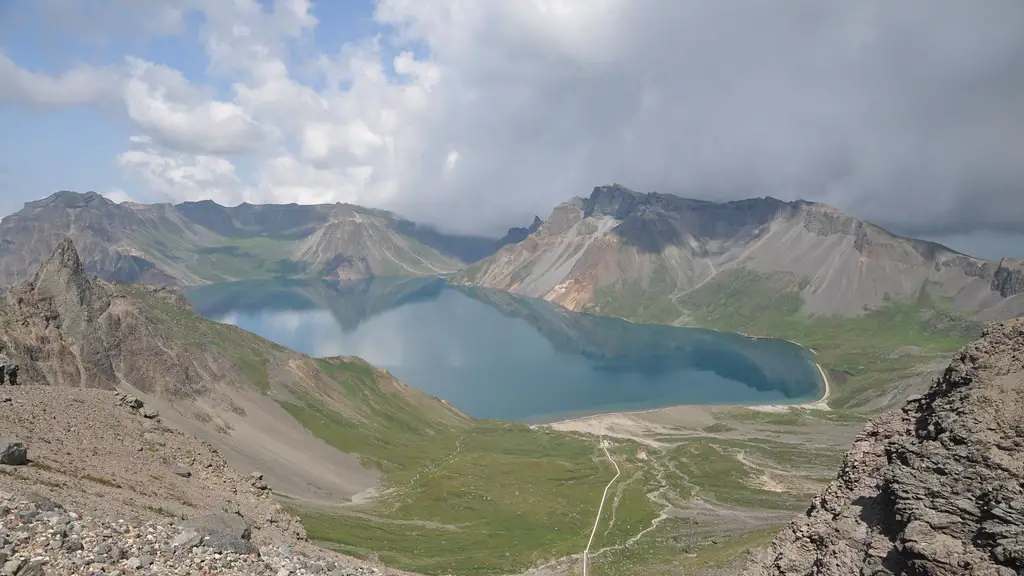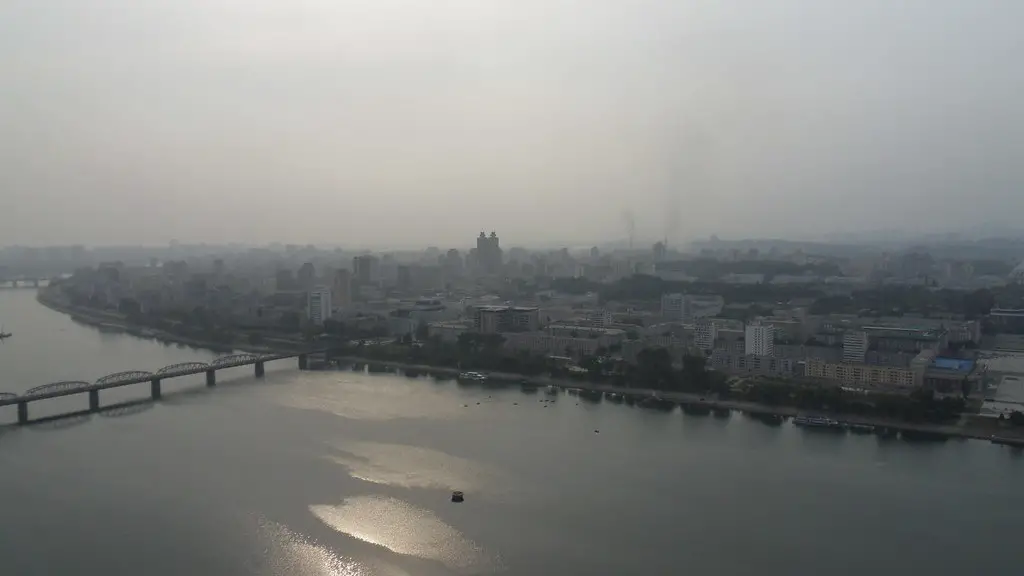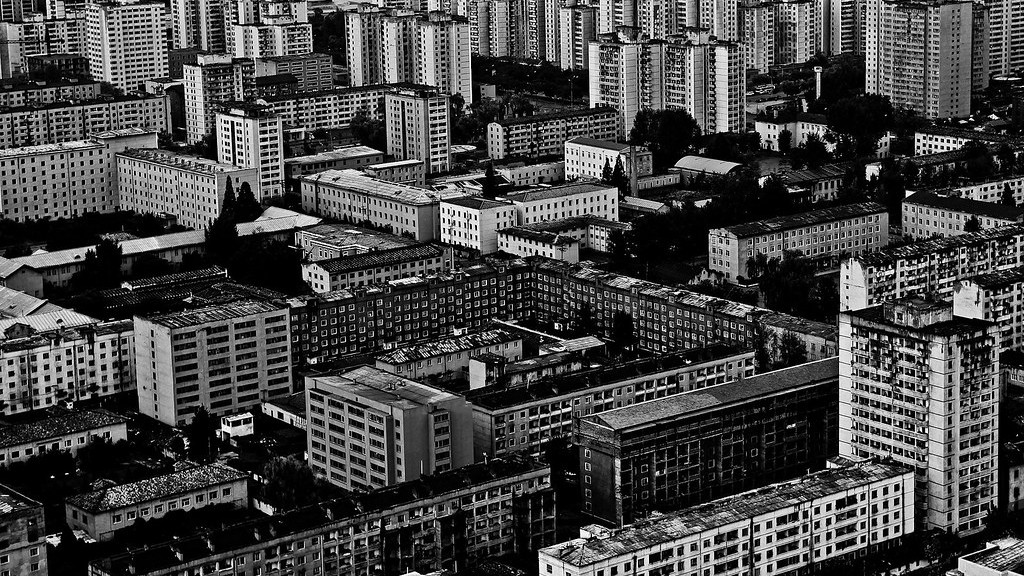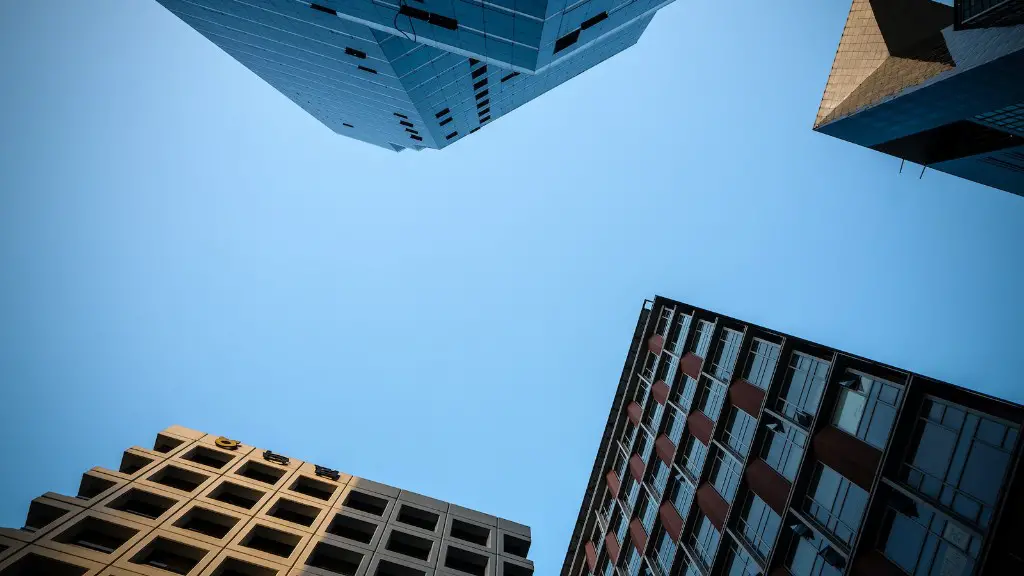Media in North Korea is one of the most tightly monitored and censored in the world. The state seeks to control what news and information its population can access, with the ruling Workers’ Party and its leadership remaining centrally in control.
The Minister of Culture and Information is the state official in charge of controlling the media, with a Department for Propaganda and Agitation and a Department for the Editing and Publishing of Party Newspapers and Journals under their direct control. The Minister of Culture and Information also oversees the production of films, books and other cultural media.
The state is strictly responsible for the content of media produced and distributed in North Korea, with all publications needing to be approved by the Korean Central News Agency (KCNA). The Korean Central Broadcasting and National Documentary Film Studios are responsible for the production of official and state-controlled news and entertainment.
Foreign media, such as online and international broadcasts, remain banned in North Korea, although in recent years there have been reports of increasing access to these sources, particularly via smuggled DVD players and USB sticks.
In spite of the tightening of digital censorship and restrictions in recent years, there have been examples of North Korean citizens finding ways of accessing foreign media without detection. A 2018 Amnesty International report stated that despite government restrictions, some citizens in North Korea have access to foreign media and mobile telephones.
It is estimated that millions of North Koreans have access to foreign sources through devices smuggled into the country. However, accessing foreign media can be dangerous and can lead to long prison sentences.
Experts agree that media in North Korea remains subject to a tightly controlled system and the government does not hesitate to take strong measures to censor and punish those that attempt to access or distribute foreign media. Access to social media sites such as Facebook and Twitter remains prohibited.
Impact on North Korea’s Citizens
Access to foreign media has its advantages and disadvantages for North Koreans. While it can provide an alternative source of news and information, foreign media can also present a different view of what is happening within the country and can challenge the restrictive system the government is so keen to enforce.
Furthermore, the impact of foreign media on the Chinese-North Korean border region has been significant. Numerous foreign media outlets have been distributed in this area, providing an alternative source of news and information to local citizens.
However, as access to foreign media can be dangerous, with citizens running the risk of being arrested or worse, many are reluctant to take the risk.
Additionally, there remains strong censorship across North Korean media, with only exceptional cases of articles or content seen as flattering to the state or its leadership being published.
In short, despite reports of increasing access to foreign media, North Korean citizens remain subject to a tightly regulated media environment which is heavily censored, regulated and monitored by the state.
International Efforts
The international community is increasingly looking towards North Korea in order to help improve the media environment and to push for greater freedom of expression for citizens.
The United Nations and the international community have put in place a range of programs aimed at improving the availability of media and digital communications in North Korea.
For example, in 2010, the United Nations Office of Information and Communications Technology (OICT) launched the Digital Empowerment and Information Network Initiative (DEIIN) project to increase the availability of information and communication networks to citizens in North Korea. The initiative seeks to expand access to the global digital economy and will help to develop the digital infrastructure and IT capabilities in the country.
In addition, there are a range of non-governmental organisations that are working towards improving media access in North Korea, and international organisations such as the Committee to Protect Journalists (CPJ) have released reports and raised awareness of the situation in the country.
International Sanctions
The international community has imposed a range of sanctions on North Korea in the form of economic incentives, bilateral and multilateral arms embargoes, and bans on imports of certain goods, including luxury items.
These economic sanctions have had an impact on the availability of media and digital communications in North Korea and have made it increasingly difficult for citizens to access foreign media or even use communications or telecommunication networks.
Additionally, North Korea has been subject to other sanctions from the international community, such as travel bans, asset freezes and restrictions on technology transfers. These sanctions have further hindered the flow of information and communication in North Korea.
The impact of international sanctions on media access in North Korea is difficult to measure due to the lack of reliable data, however, it is likely that further sanctions would make a significant impact on the availability of media and digital communication in the country.
Relationship with South Korea
In recent years there have been positive developments between North and South Korea, specifically aimed towards improving connections and increasing access to foreign media.
In 2017, South Korea introduced a new set of rules allowing South Korean companies to invest in the North Korean market and allowing citizens of both countries to access foreign media. The investment regulations stipulate that companies investing in North Korea must comply with the laws of the international community and must not contribute to the proliferation of nuclear weapons or terrorism.
Furthermore, the two countries have improved cross-border communications, with South Korean companies now able to make telephone calls and send text messages to North Korean citizens. This has opened up opportunities for citizens of either country to access foreign media.
However, there are still some restrictions in place and access to foreign media is still heavily controlled and monitored by the North Korean government.
Summary
It is clear that North Korea is one of the most tightly regulated media environments in the world. The state closely monitors and censors the content of media produced and distributed within the country, with only official and state-controlled news and entertainment being allowed. Access to foreign media remains banned, with citizens risking long prison sentences if caught accessing or distributing it.
The international community has attempted to improve media access in North Korea through an array of programs and initiatives, and the United Nations has imposed economic sanctions that have had a negative impact on the availability of media and communication. Relations between North and South Korea have improved in recent years, though restrictions on foreign media remain in place.





